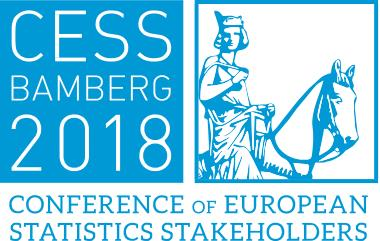The rise of nonstandard and precarious employment is often linked to a growth in poverty among working people. However, theoretically the relationship is not straightforward, and the mechanisms through which new forms of work translate into poverty cannot be tested easily as a result of data limitations. This contribution demonstrates some of the possibilities and pitfalls, based on a very recent comparative study conducted by The Netherlands Institute for Social Research|SCP. It first discusses the demarcation of the working poor and various forms of nonstandard and precarious employment. Subsequently a theoretical model of the nexus between institutions, societal contexts and the occurrence of poverty among the (self-)employed will be presented. The empirical part assesses whether formal (employment regulation, social protection, low wage traps) and informal (work values, gender roles) institutions are related to the poverty risks of various segments of the working population, taking into account the relative size of these groups. This part focuses on five countries that are institutionally different, but rather similar in other respects: The Netherlands, Germany, Belgium, Denmark and the United Kingdom.
15:30 - 16:30
Special Topic Session
Room: Hegelsaal II
Chair:
Markku Lehtonen
Organiser/s:
Agnieszka Piasna
Processes of digitalisation, outsourcing and off-shoring have changed the way work and working lives are organised. The growth of the digital and platform economy gave rise to new forms of work, often referred to as crowd-platform-, or gig-work. The measurement of these new and non-standard forms of work poses major challenges for statistics’ producers and users. There is a lack of agreed names and shared definitions that would be fully operational, and there is a growing fragmentation of working lives that escape the existing definitions of work and employment. There are also technical challenges for data collection as the target population is relatively small, heterogenous and fragmented. Nevertheless, the topic is of great policy importance and there is a pressing need for official statistics that measure the extent and trends in non-standard forms of work. The panel will discuss and formulate users’ opinions on their needs and approaches to the topic, discuss existing findings and new methodologies.
Nonstandard employment and the working poor in five European countries
Reference:
Th-STS04-02
Session:
Measurement of the digital economy and non-standard forms of work: challenges for statistics users and producers
Presenter/s:
J. Cok Vrooman
Presentation type:
Oral presentation
Room:
Hegelsaal II
Chair:
Markku Lehtonen
Date:
Thursday, 18 October 2018
Time:
15:30 - 16:30
Session times:
15:30 - 16:30
